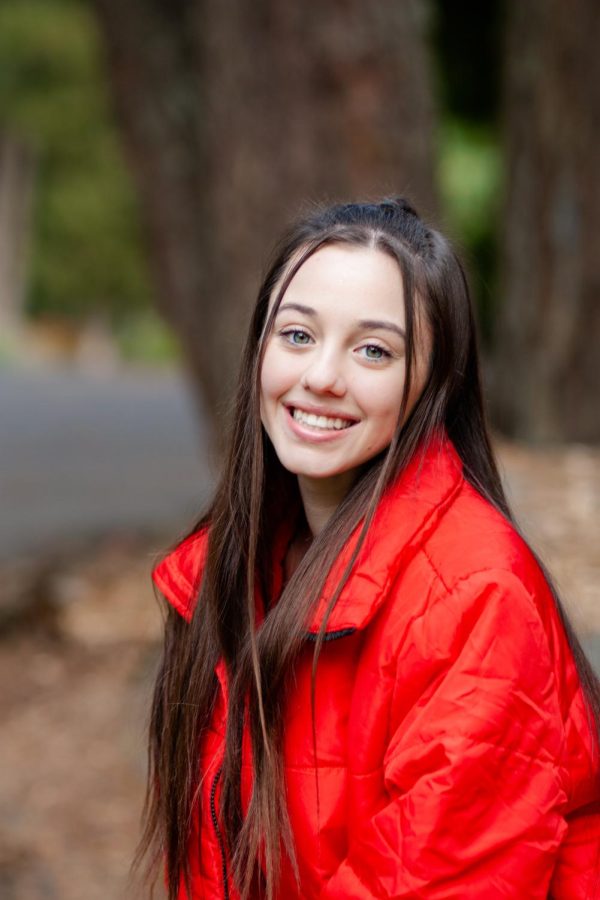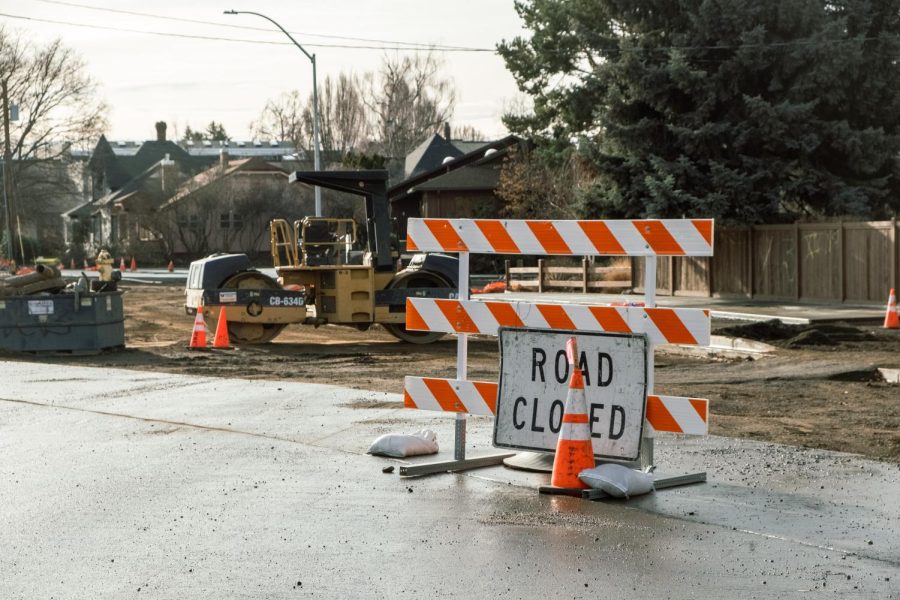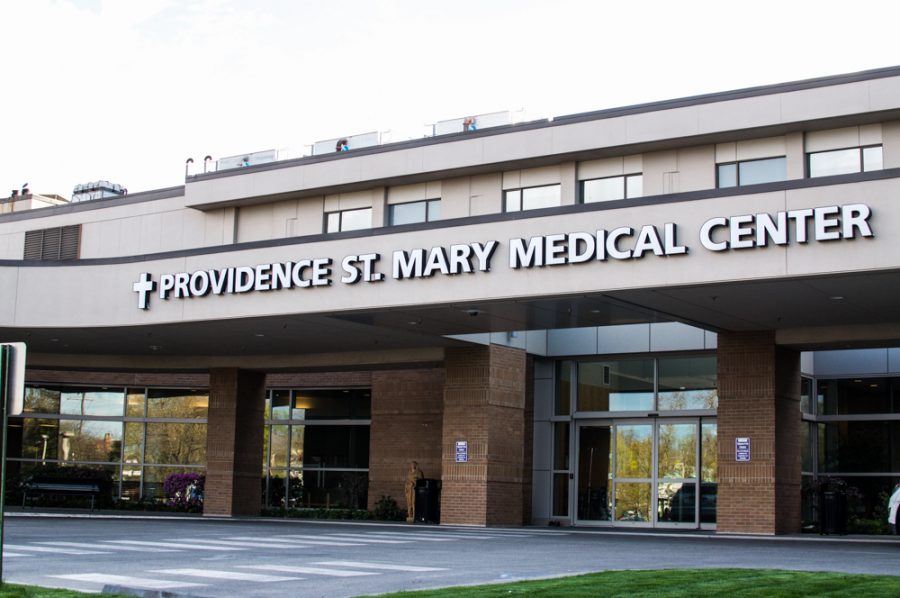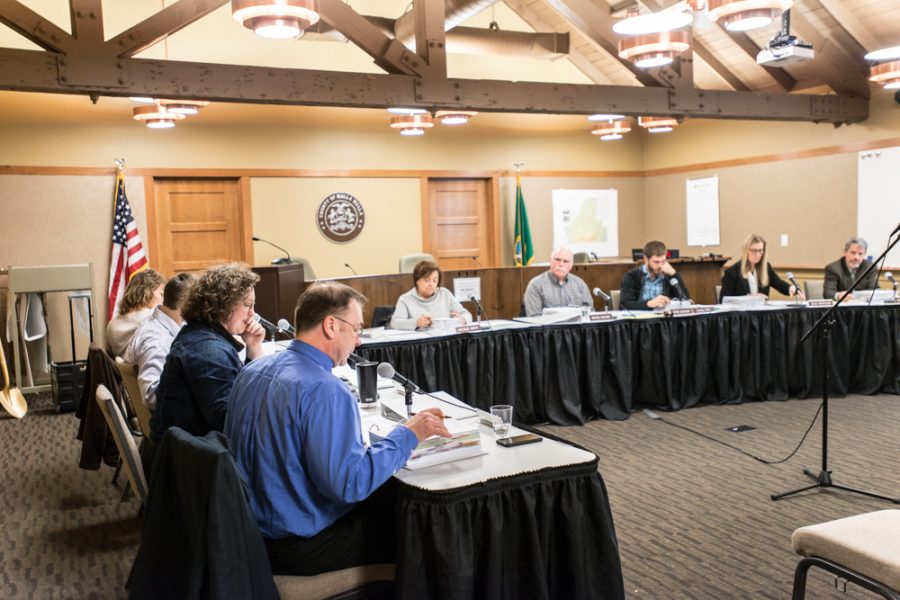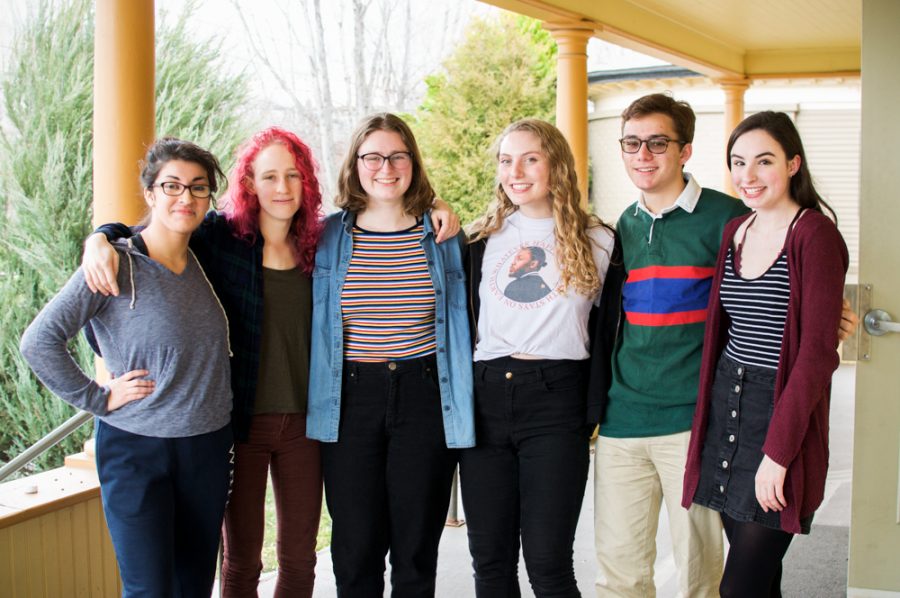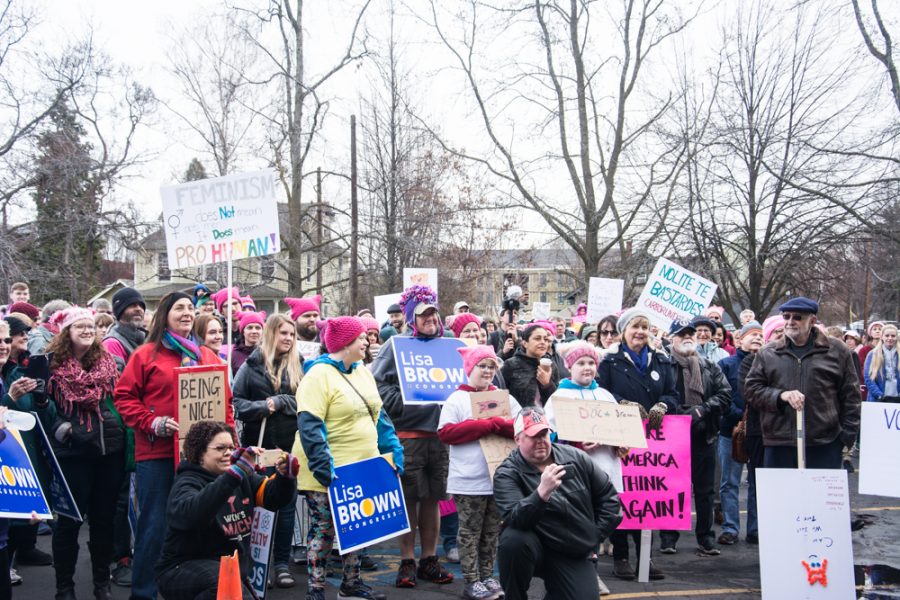
At Whitman College, most students agree that their classes are vital in developing their personal and academic passions. Certain classes have a reputation for bringing the best out of students, allowing them to immerse themselves in areas in which they are interested. One of the classes that best fits this description is State of the State. A three-course program, State of the State aims to collaborate with the Walla Walla community to address and analyze social and political issues in the region, while simultaneously teaching students about social politics.
Politics courses 318, 250 and 319 comprise State of the State, each covering a select segment of the program, focusing on Latino political involvement and community-based research. Each of these courses is worth four credits and the first two (250 and 318) can be taken simultaneously before the last.
The State of the State program has been a semi-consistent but popular part of the Whitman course catalog since Fall 2005 when it began (though it did not run every year or term), and until the 2008-2009 school year, it was only taken as a single semester course. This past year, the program took a brief hiatus after the 2011-2012 school year, but it is back this year with some changes. Whether these will be improvements is yet to be discovered.
Professor of Politics and Paul Chair Political Science Paul Apostolidis is teaching all three courses in the program. He and other politics and social sciences professors developed the new three-course program last year during the class’s hiatus.
“The reason for this change was to make the credits students earn correspond much better to the actual amount of work they do in the program,” said Apostolidis. Obviously with two simultaneous courses and a subsequent, more advanced course, there is a heavy workload considering that most Whitman students take only four to five classes a term. A significant change in the curriculum this year is the distribution of credits for the courses. Students receive eight credits first semester and four second.
“In the past students have felt overwhelmed by the workload, while only getting four credits per semester for their efforts,” said sophomore Josh Rubenstein.
In previous years, managing the amount of work necessary for the program was a difficult endeavor, but the adaptations to the curriculum for 2013-2014 make it possible to handle other classes at the same time.
“For me credits were not an important factor in doing the program, but it certainly helps with workload and graduation requirements, and I appreciate that the school recognizes the amount of time and energy we put in to our research,” said Rubenstein. “I don’t think I could honestly give my full effort to STS and three other classes.”
The change to the program also works in conjunction with the projects students are doing this year for the courses, several of which are in Seattle, through OneAmerica and the Latino Community Fund of Washington State.
In some way or another, all projects –– which are performed by groups of students acting as a research team –– benefit Latinos in the Walla Walla community. Sophomore Andrea Berg is a part of the program this year and notices some differences from what she had heard about the program beforehand.
“I don’t know a ton about the history of the class, but it has evolved to include more and more partners,” said Berg. “It seems like the type of research students do has also gotten a lot more practically useful to the partner organizations.”
As a whole, the program’s agenda is to connect with the community and create knowledgeable, democratic young leaders. Apostolidis enjoys teaching this course because he enjoys promoting this agenda. The main tasks students in the program take on include 17 students working in teams of three to complete each of the six research projects that have been planned with the partner organizations, developing final reports and performing public outreach with various Latino organizations in and around Walla Walla.
“This program continues to be one of my favorite teaching experiences at Whitman,” said Apostolidis in an email. “That’s for many reasons –– I truly love seeing my students develop a sense of themselves as serious scholars whose research can have a genuine public impact (often far beyond what they initially imagine it could be), and I stay in touch with many of these students long after they graduate, and they typically go on to do great things with a public-service bend.”





